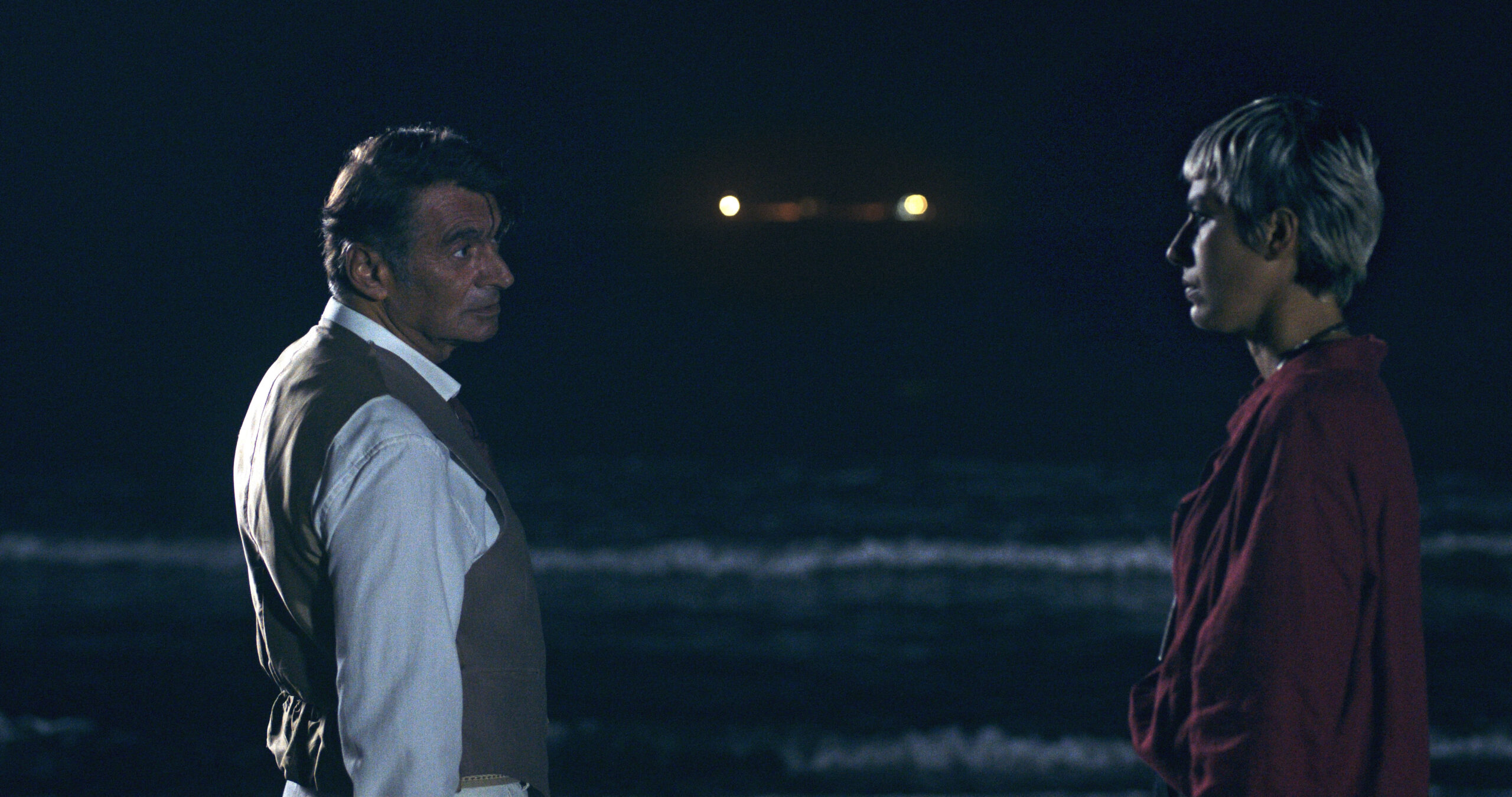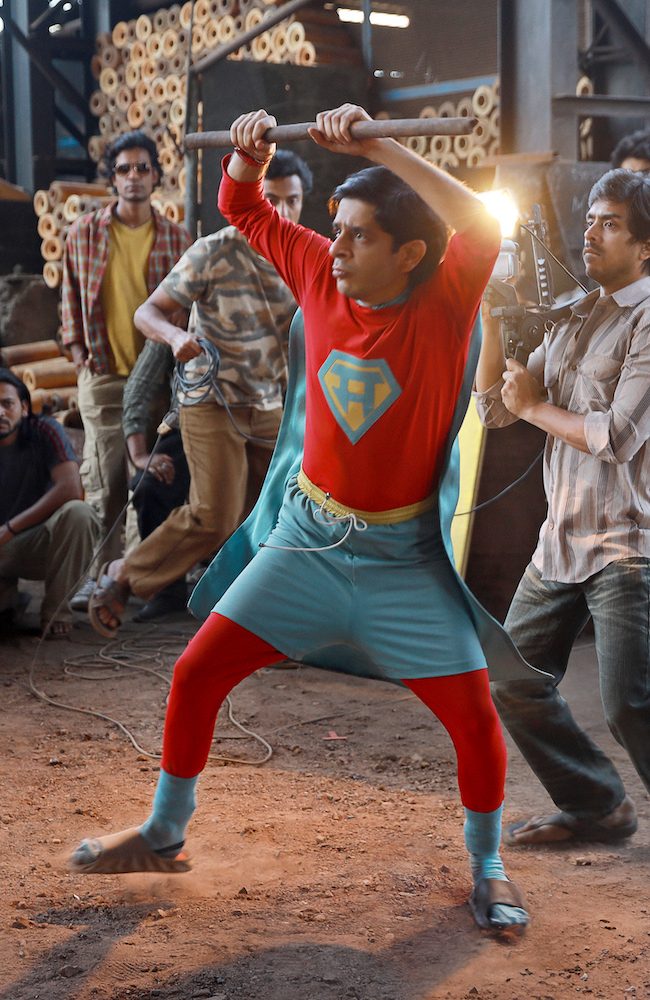WET SAND

(The 2021 Toronto International Film Festival runs Sep 9-Sep 18 in Toronto, Canada. HtN has a ton of coverage from the fest so stay tuned! Like what you see here on Hammer to Nail? Why not give just $1.00 per month via Patreon to help keep us going?)
I don’t know much about the country of Georgia (a country at the intersection of Europe and Asia) but given Wet Sand and Levan Akin’s brilliant And Then We Danced it does not seem like a place where you would want to be queer. This is of course the country that invented a holiday (“Family Day”) to celebrate homophobia and transphobia. Of course, many of the Eastern European and middle Asian countries are decades behind the rest of the world in terms of visibility and political rights but what Elene Naveriani’s Wet Sand does so well is capture how far behind the people in these places are in their heart. Hopefully films like this one, that show an unexpected version of what it means to be queer, will help pave the way towards community acceptance. For now we only have this signpost on that road, a heartfelt narrative about secret love in in the face of bitter reality.
There’s no way to talk about the film without a major spoiler, which I don’t think is much of a spoiler at all. The surprise is really less important than how the secrets revealed play out in the small town on the Black Sea, home of the titular restaurant/bar “Wet sand.” When one of the bar’s daily patrons, retired sea captain Eliko, is found dead in his home, hung without a note, the death opens the door to looking closer at the man they call “the strange one..” Though he’s lived in the village for years he’s still considered an outlier because of his different bearing and apparent wealth. His two defenders Fleshka (Megi Kobaladze) and Ammon (Gia Agumava) organize a funeral which the rest of the village reluctantly attends but the most interesting guest is Eliko’s granddaughter Mo (Bebe Sesitashvili), who arrives from the capital city of Tbilisi with an androgynous appearance and a dangerous haircut.
Dismayed by the town’s treatment of her beloved grandfather, Mo begins to put together the pieces of the secret that has been at the center of her family for years. As a child she was rushed away from her grandfather’s home and then told by her mother that he had died. Not only is she surprised to learn of this second death, but she is also surprised to discover his decades long romantic relationship with bar owner Ammon.
The script, co-written by the director and her brother Sandro Naveriani, beautifully captures the loss and alienation that one feels at the departure of someone who can only be partially mourned. As Ammon suffers in silence, Mo brings out the repressed feelings that Fleshka so desperately wants to explore. The dialogue is subtle and the three main characters live as truthfully as any character can due to the nuanced and delicate performances. In Fleshka and Mo, Ammon witnesses a bit of the passing of the torch: love may be possibility even in this cruel world, a theme that could only be achieved through a perfection of performance.
Another star of the film is the Director of Photography, Agnesh Pakozdi, who captures the seaside village as both bucolic and ominous. One thing the cinematographer does so well is shoot scenes from a distance so we see more than just the characters but also characters oppressed by their surroundings, or at times of course uplifted. Camera movement is minimal but always deliberate and depends on long takes to allow the actors time to experience the silence between people. Both the camera and the sound design take us back time and time again to the unyielding waves of the sea, is it the power of change? Or is it the power that resistance can be so easily washed away.
The film runs maybe about 15 minutes too long for the amount of story, but is the definition of slow burn, picking up pace as we dive towards the inevitable explosion of emotion at the end. It’s a luxuriously crafted final moment, so it’s hard to say what should be removed. Rather I seem to only think of things that I wanted more of, like villagers who sometimes come across as a bit one note, although most uneducated bigots read as one note to me in real life as well. Maybe the epilogue. That felt a bit like a producer saying can we have a little bit of happiness at the end of this? Still the film, apparently looking for buyers, should play strongly at Queer Fests and Arthouses and maybe could even be the Georgian entry to the Oscars.
– Bears Rebecca Fonte (@BearsFonte)











